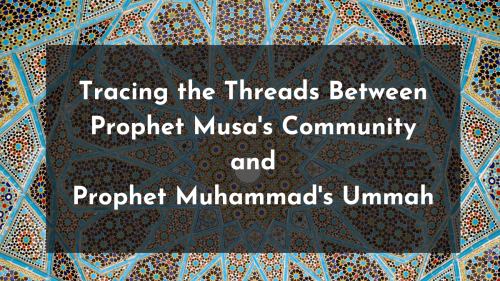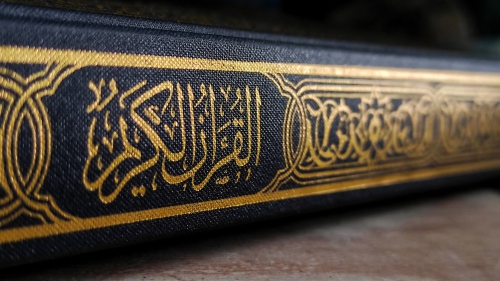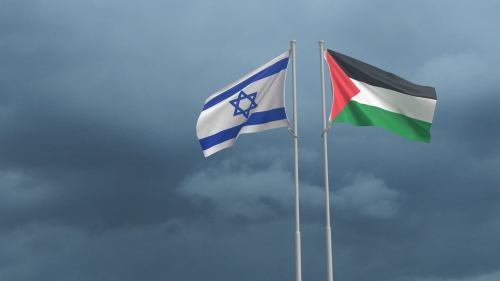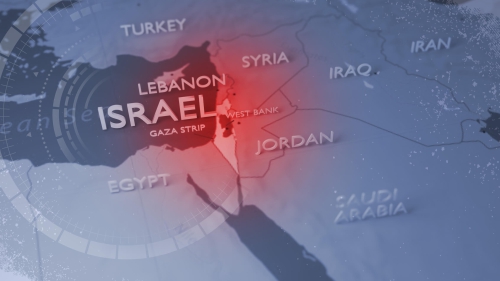Services
Highlights
Quran lAhzaab 33:70
News Around the World
NATURE & SCIENCE
NEWS.GOOGLE.COM
Harnessing Science-Policy Collaboration: The Vital Role of IPBES Stakeholders in Achieving Global Nature Targets
FAITH & SPIRITUALITY
US House Speaker Johnson Heckled and Booed at Columbia, Center of Gaza Protests
LIFE & SOCIETY
ABC.NET.AU
Rwandan Tutsi genocide survivor Faina Iligoga plans memorial after Churchill Fellowship research trip
WORLD AFFAIRS
ALJAZEERA.COM
Malaysia’s ex-PM Mahathir faces anticorruption probe
WORLD AFFAIRS
ALJAZEERA.COM
Ukraine detains agriculture minister in $7m corruption case
WORLD AFFAIRS
ALJAZEERA.COM
Modi wants to turn India’s election into a Hindu-Muslim war
WORLD AFFAIRS
MSN.COM
Gaza protests grow at US colleges, thousands demonstrate in Brooklyn
WORLD AFFAIRS
CBSNEWS.COM
Pope Francis says of Ukraine, Gaza: “A negotiated peace is better than a war without end”
WORLD AFFAIRS
ALJAZEERA.COM
It’s time to declare Israel a rogue state
WORLD AFFAIRS
THEDAILYBEAST.COM
Frontline Ukrainians fear new aid from U.S. will be a disaster






















































